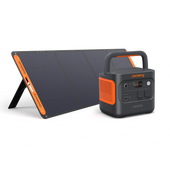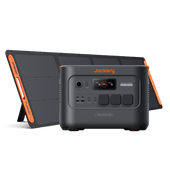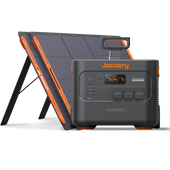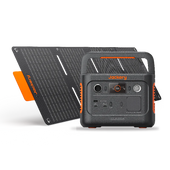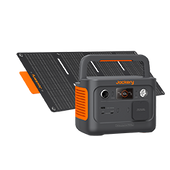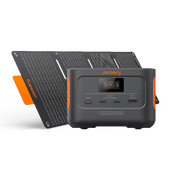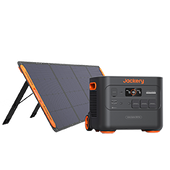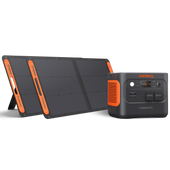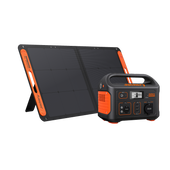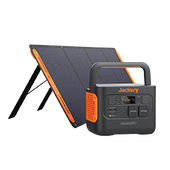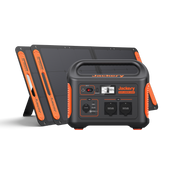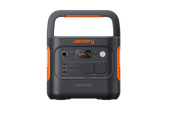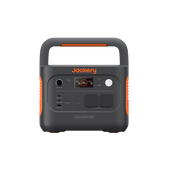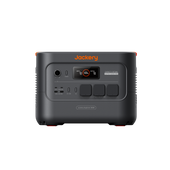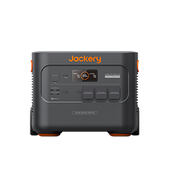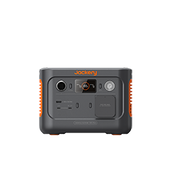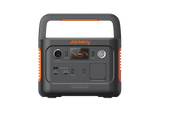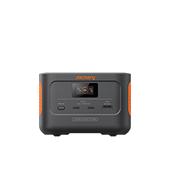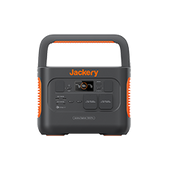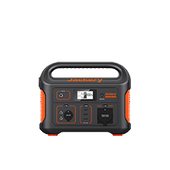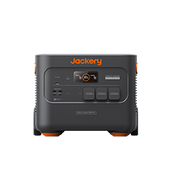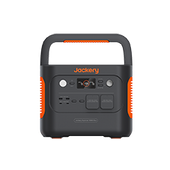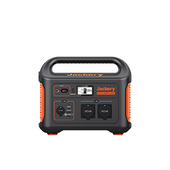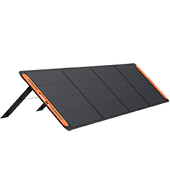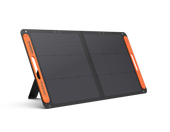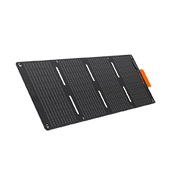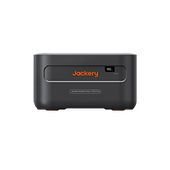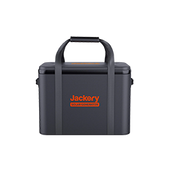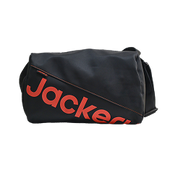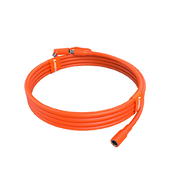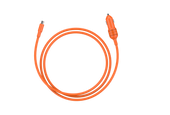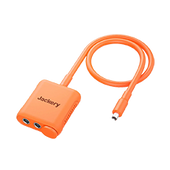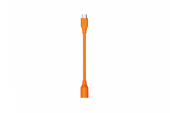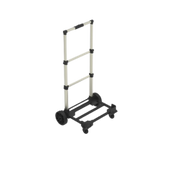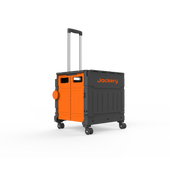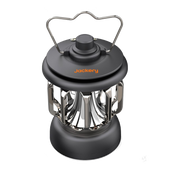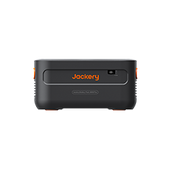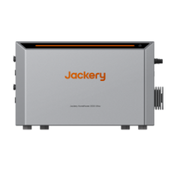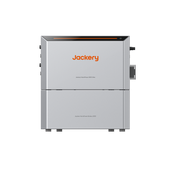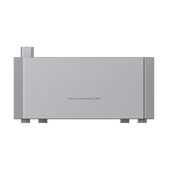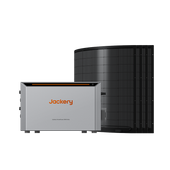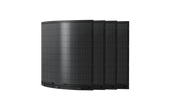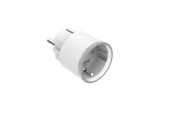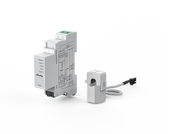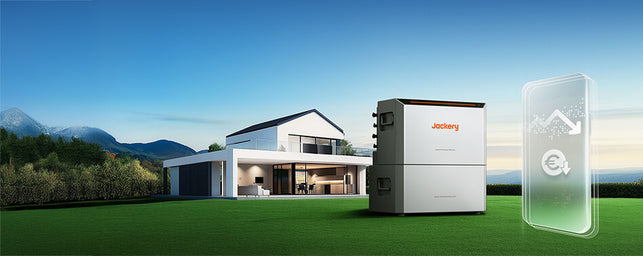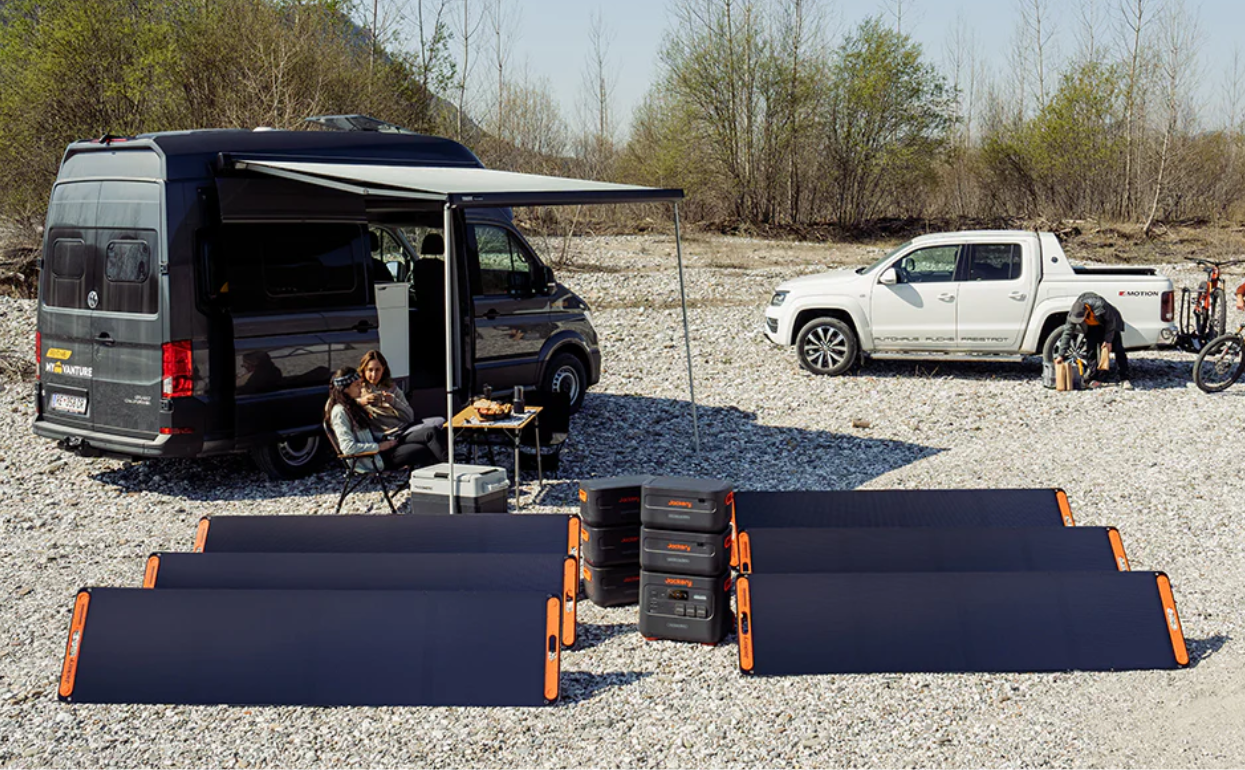Dreaming of camping in Europe? Don't let tricky regulations, crowded campsites, or power needs dim your excitement. This guide is packed with simple, region-specific advice and the best gear solutions to make your trip unforgettable.
Smart Planning: Booking, Budgeting, and Finding the Perfect Campsite
The success of your trip often depends on when you travel. Timing affects everything from price and availability to the overall atmosphere of the campsites in europe.
Why is Timing So Important?
Peak Season (July-August) brings high prices and dense crowds, especially in popular destinations like France and Italy. To secure a spot at sought-after sites, you should book 3-6 months in advance.
Shoulder Seasons (May-June, September-October) offer the ideal balance. You can enjoy pleasant weather, lower costs, and significantly fewer people, making for a more relaxed experience.
What Should I Look for When Evaluating a Campsite?
Before you book, run through this checklist to avoid unpleasant surprises.
● Verify all costs upfront: Ask for a complete price breakdown that includes pitch fees, electricity hookups, shower access, and any local tourist taxes.
● Review recent guest comments: Check for current feedback on key aspects like cleanliness, noise levels, and whether the real-world conditions match the online description.
● Analyze the site map: Assess the size and spacing of pitches for privacy. Note the proximity to essential amenities like washrooms and water points.
● Check accessibility: Confirm the condition of access roads, especially for larger vans or campers. If you rely on public transport, check for nearby links.
A key tip for spontaneous travel is to target smaller, rural campsites which are less likely to be fully booked. Always have a list of backup options, as the most popular spots will almost certainly be full during peak times.
Navigating Europe's Camping Rules: Wild Camping vs. Official Sites
Europe offers two primary camping styles, each with its own set of rules and benefits. Understanding the difference is crucial for a compliant and stress-free trip.
What Are My Camping Options?
Official european campsites provide security, defined pitches, and amenities such as showers, toilets, and electricity. They are the safest and most straightforward option for most travelers.
Wild camping refers to dispersed camping outside of designated sites. Its legality varies dramatically by country and even by region, making it a complex choice.

What Are the Camping Rules in Different European Regions?
Camping regulations are not uniform across the continent. Here is a breakdown of the rules in popular regions.
● Scandinavia (Norway, Sweden): The public access right, or "Allemansrätten," generally allows for wild camping. However, this is restricted near private homes and on cultivated farmland, and you must always follow strict Leave No Trace principles.
● France & Italy: Wild camping is broadly prohibited, with stringent enforcement along coastlines and within national parks. Fines for non-compliance are common, so it's best to stick to official sites.
● Germany & Austria: Wild camping is highly restricted and generally not permitted. Instead, travelers should use the excellent network of official campsites ("Campingplätze") and designated campervan spots ("Stellplätze").
The golden rule of wild camping is simple: when in doubt, find an official campsite. Always check the local municipality or park authority website for the most current regulations before setting up camp.
Essential Gear: Packing for Comfort, Safety, and Power
The right gear is fundamental to a comfortable and safe camping experience. Your packing list will depend on your travel style, destination, and planned activities.
What Kind of Shelter Should I Choose?
Your choice of shelter sets the tone for your trip.
● Vans/Campers: These are ideal for families and road-trippers who value comfort and built-in amenities. Prioritize campsites with electrical hookups or bring a portable power station to ensure you can run your appliances.
● Tents: Tents are the best option for hikers, cyclists, and budget travelers seeking a closer connection to nature. Focus on lightweight, weatherproof models that are easy to set up and pack down.
What Clothing and Safety Gear Are Essential?
Proper clothing and safety equipment are non-negotiable.
● Layering System: Pack moisture-wicking base layers, insulating fleece mid-layers, and a waterproof/windproof outer shell. This system allows you to adapt to changing weather conditions by adding or removing layers as needed.
● Basic Safety Kit: A well-stocked first-aid kit, a reliable headlamp with extra batteries, and offline maps or a GPS device are essential for safety.
Powering Your Adventure: Choosing the Right Portable Power Station
Staying connected, keeping food fresh, and enjoying small comforts are no longer luxuries, even when you're far from an electrical hookup. A portable power station solves the challenge of off-grid energy, giving you the freedom to camp wherever you please.
To choose the right one, first assess your power needs. List all the devices you need to run—from phones and cameras to laptops and portable fridges—and estimate their total daily energy consumption in Watt-hours (Wh).
For Solo Travelers & Hikers
● Jackery Solar Generator 300 Plus
o Ultra-portable (3.75 kg)
o Ideal for essential electronics
o Recharges smartphone up to 13 times
o Recharges camera up to 12 times
This unit is perfect for those who need to travel light.
For Van Life & Weekend Trips
● Jackery Solar Generator 1000 v2
o 1070Wh capacity
o Powers laptop for over 13 hours
o Powers small fan for over 7 hours
o Emergency supercharging (0-100% in 1 hour)
This versatile all-rounder is a popular choice for van lifers and weekend adventurers.
For Families & High-Demand Users
● Jackery Solar Generator 2000 v2
o 2042Wh capacity
o Recharges an E-Bike up to 2.3 hours
o Powers a kettle for 2 hrs
o Emergency supercharging vai app (0-100% in 1.33 hours)
This model is built for families and users who need to run multiple appliances simultaneously.
Pairing any Jackery power station with Jackery SolarSaga panels unlocks true off-grid freedom. This combination allows you to generate your own clean energy from the sun, extending your stays indefinitely without relying on campsite hookups. You can also read more on how to power your European camping trips here.
Campsite Selection by Travel Style
The best campsites are those that align with your specific travel needs. Different adventures call for different priorities.
What's Best for a Family Beach Holiday?
● Prioritize: Look for sites with dedicated playgrounds, safe swimming areas, and consistently clean family-friendly facilities. On-site shops and restaurants are also a major plus.
● Power Tip: A mid-capacity unit like the Jackery Solar Generator 1000 v2 is perfect for keeping kids' tablets charged, running a portable cooler for drinks and snacks, and powering evening lights.
What's Best for a Multi-Country Van Life Road Trip?
● Prioritize: Plan for a mix of full-service city campsites for easy recharging of water tanks and supplies, alongside scenic, remote spots for quiet nights surrounded by nature. Flexibility is key.
● Power Tip: A Jackery Solar Generator provides complete energy independence. This reduces your reliance on expensive electrical hookups, allowing you to save money and stay at more rustic, off-grid locations.
What's Best for an Alpine Hiking or Biking Tour?
● Prioritize: Focus on lightweight gear and campsites located directly at or near trailheads to maximize your time on the trail. Basic facilities are often sufficient.
● Power Tip: The ultra-portable Jackery Explorer 300 Plus is the ideal companion. It’s light enough for a backpack and ensures your GPS device, phone, and headlamp are always charged for safety and navigation.
On-Site Etiquette and Sustainable Camping
Respecting the environment and your fellow campers is essential for a positive experience for everyone. Adhering to established etiquette ensures that natural spaces remain beautiful for future visitors.
What Are the Leave No Trace Principles?
These seven principles are the foundation of responsible outdoor recreation.
● Pack it in, pack it out: All waste, including food scraps, must be carried out with you and disposed of properly.
● Respect wildlife and vegetation: Observe animals from a distance and never feed them. Avoid disturbing plants or creating new trails.
What Are the Critical On-Site Rules to Follow?
Every campsite has its own rules, but some are nearly universal across Europe.
● Fire Safety: Many European regions, especially in the south, have strict fire bans during the dry summer months. Only use designated fire pits and confirm that fires are permitted before lighting one.
● Noise: Observe quiet hours, which typically run from 10 PM to 7 AM. Keep voices and music levels low to avoid disturbing your neighbors.
● Pet Policies: Always verify a campsite’s rules and any associated fees for pets before you arrive. Keep dogs on a leash and clean up after them immediately.
Plan Smart for a Better European Adventure
Successful European camping hinges on three key elements: regional awareness, smart planning, and a deep respect for local rules and the environment. By understanding the nuances of different countries and preparing accordingly, you can avoid common pitfalls and enjoy a smooth, memorable journey.
Frequently Asked Questions
How can I find out about specific local fire restrictions or environmental regulations for a region I plan to visit?
Consult the official tourism website for the specific municipality or national park you intend to visit, as rules can vary even within a country.
What are the common payment methods accepted at European campsites, especially in more remote areas?
Always carry some local currency in cash, as smaller or rural campsites might not accept credit cards, or their card machines may be unreliable.
What are the best practices for waste disposal and recycling at European campsites, particularly regarding food waste and greywater?
Inquire at the campsite reception upon arrival for specific instructions on waste separation and designated disposal points for food waste and greywater, as facilities vary.



